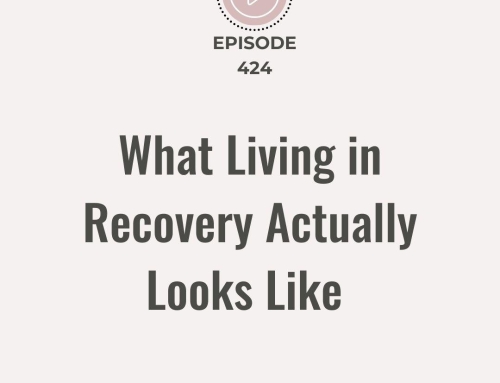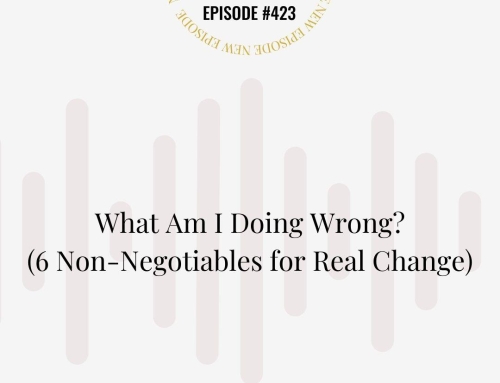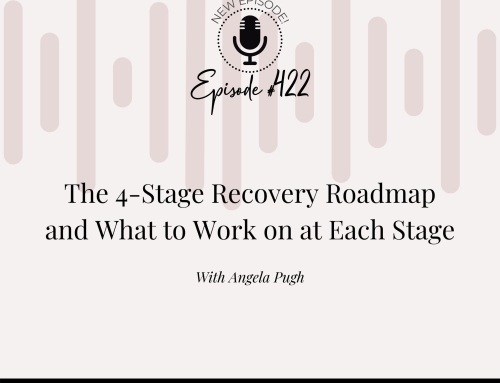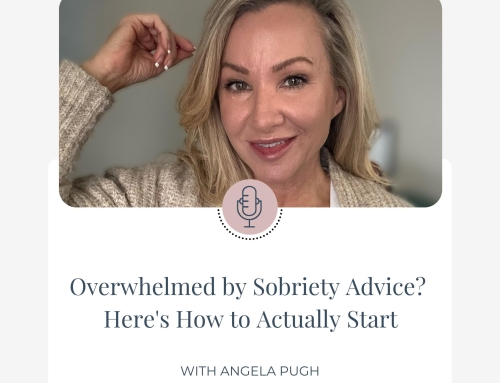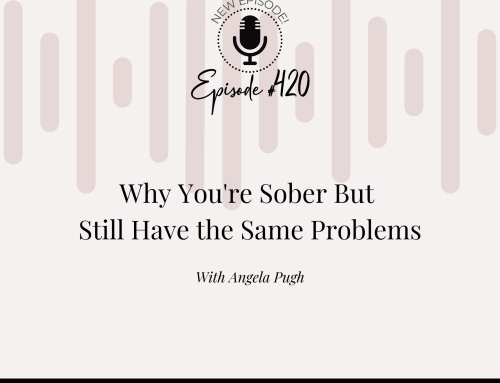Podcast: Play in new window | Download (Duration: 36:38 — 33.2MB) | Embed
Subscribe: TuneIn | RSS | More
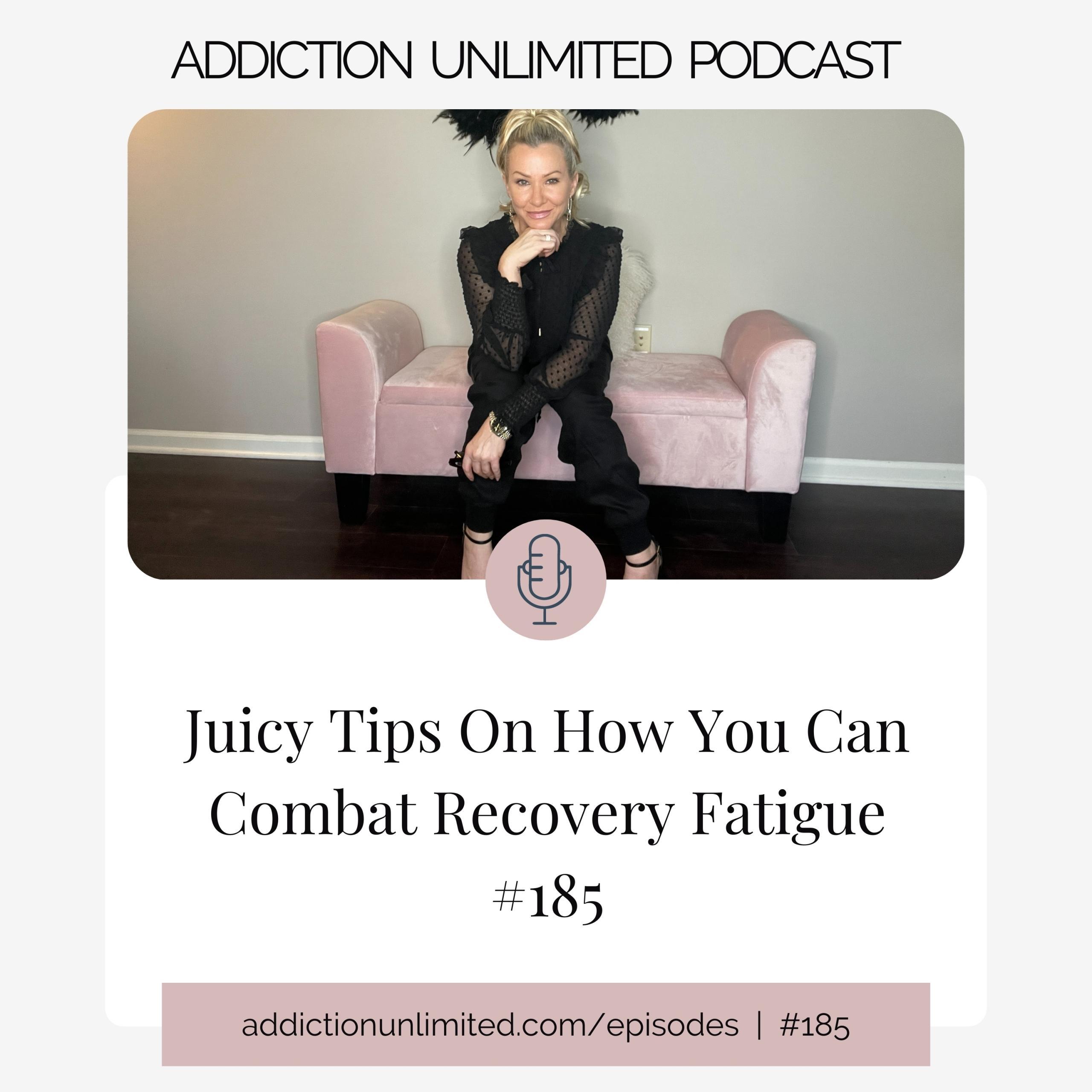
Let’s talk recovery fatigue.
Not the kind of fatigue where you are tired because you are early in your recovery and your body is on the roller coaster ride of it’s lifetime- but the fatigue you feel because you are doing so many things for your recovery you feel exhausted by it all.
You are told you have to make your recovery your #1 priority if you want to stay sober, and you are taking it seriously. You’re doing meetings and groups, maybe even outpatient treatment. You are reading all the latest and greatest books by the incredible gurus and influencers, you are journaling and reading daily recovery inspirations, you are literally doing ALL THE THINGS.
Not only do you wonder if you have to keep this pace up for the rest of your sober life, but you are getting tired and overwhelmed. All the things don’t feel as great as they did the first 30 days and the thought pops in, “Is this it?”
As your recovery activities start to lose their luster you wonder why it feels like it’s taking more energy than it did in the beginning and you realize you are tired. Tired of recovery.
This fatigue starts feeling like your brain just won’t function properly. You hear people use the term brain fog or, in self-help world we call it decision fatigue or brain fatigue.
You can’t concentrate, it seems like simple tasks take forever, you’re having to reread the same paragraph or going over the same things over-and-over.
Mentally exhausted, burned out, your brain is fried. Whatever you want to call it, it happens to all of us and it tends to sneak up on you after you have a stressful situation or when you’ve been thinking hard about something.
Most of us don’t have a problem recognizing physical exhaustion. Your limbs might feel heavy, your eyes droop, your energy is zapped. But recognizing when you’re mentally exhausted is a bit trickier.
In this episode I dig into a list of symptoms and, trust me when I say, a lot of these hit very close to home. And not only recognizing symptoms, but what it means, why it’s happening, and what to do about it.
If you’re feeling like you are drowning in meetings, quit lit, podcasts, and worksheets trying to do your absolute best and take your recovery seriously, and you are getting worn out… this episode is for you.
Continue the conversation with us in the Facebook Group here.
